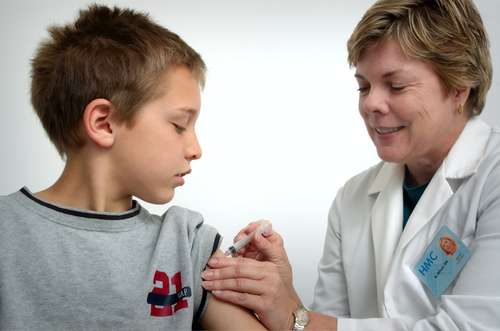Recently, there has been a McDonald's E. coli outbreak that has raised health concerns and led to investigations by health officials. It’s important for everyone to understand how these bacteria spread, recognize the symptoms, and know how to prevent foodborne illnesses.
What is E. Coli and What Are Its Symptoms?
E. coli (Escherichia coli) is a type of bacteria that lives in the intestines of people and animals. While most types are harmless, some can cause serious sickness. The McDonald's E. coli outbreak has shown how dangerous these harmful strains can be, especially E. coli O157:H7, which can lead to severe health problems.
How Do E. Coli Bacteria Spread?
E. coli bacteria can make their way into our bodies in several ways:
1. Contaminated Food
The most common way to get infected is by eating food that contains E. coli. This often happens with undercooked ground beef, raw vegetables, or unpasteurized dairy products.
2. Cross-Contamination
If raw meat comes into contact with other foods or surfaces (like cutting boards or utensils), it can spread the bacteria. For example, if you use a knife for raw chicken and then cut vegetables without washing the knife, you could transfer E. coli to those vegetables.
3. Contaminated Water
Drinking or swimming in water that has E. coli can also lead to infection. This can happen if animal waste contaminates lakes, rivers, or even swimming pools.
4. Person-to-Person Contact
If someone is infected with E. coli and does not wash their hands properly after using the bathroom, they can spread the bacteria to others through touch.
5. Contact with Animals
E. coli is found in the intestines of healthy farm animals like cows and goats. Touching these animals or their environments without washing your hands can lead to infection.
Symptoms of an E. coli infection usually show up three to four days after exposure and may include:
- Severe stomach cramps
- Diarrhea, which may be bloody
- Nausea and vomiting
- Fever
According to the CDC, most people recover within a week, but some can develop a serious condition called hemolytic uremic syndrome (HUS), which can cause kidney failure, especially in young children and older adults.
What Health Authorities Are Doing
Health authorities are investigating the outbreak to find out where the contamination happened. The CDC's Foodborne Disease Outbreak Surveillance System (FDOSS) helps track these outbreaks by collecting information on illnesses and foods involved. This helps them figure out what caused the outbreak and how to stop it from happening again.
If you experience symptoms after eating at McDonald's or similar places, it's important to see a doctor right away. Getting help early can prevent serious complications.
How to Prevent Foodborne Illness
To avoid getting sick from foodborne illnesses like those linked to the McDonald's E. coli outbreak, it's essential to follow safe food practices. The CDC provides four basic guidelines for food safety:
Clean
Wash your hands and surfaces often with warm water and soap for at least 20 seconds before and after handling food.
Separate
Keep raw meat, poultry, seafood, and their juices away from other foods to prevent cross-contamination.
Cook
Use a food thermometer to ensure foods are cooked to safe temperatures so that harmful bacteria are killed.
Chill
Refrigerate perishable foods quickly—within two hours (or one hour if it's hot outside)—to stop bacteria from growing.
By following these steps, you can lower your chances of getting sick.
Expert Advice on Staying Safe
Experts say that while outbreaks like the McDonald's E. coli incident are alarming, they remind us how important it is to practice food safety and watch our eating habits. The CDC emphasizes that understanding how bacteria spread through improper food handling is key in preventing future outbreaks.
Certain groups of people, such as young children, older adults, and those with weak immune systems, are more likely to get very sick from E. coli infections. These individuals should be extra careful when eating at restaurants or fast-food places.
Final Thoughts
The McDonald's E. coli outbreak highlights ongoing challenges with foodborne illnesses in our complex food supply system. As health officials work to find the source of this outbreak, it's crucial for everyone to stay informed on symptoms and prevention methods.
Being aware of food safety practices can help protect you and your family from potential health risks associated with the different forms of food contamination. Remember that knowledge is power; understanding how to prevent these illnesses can make a big difference in keeping everyone safe.




